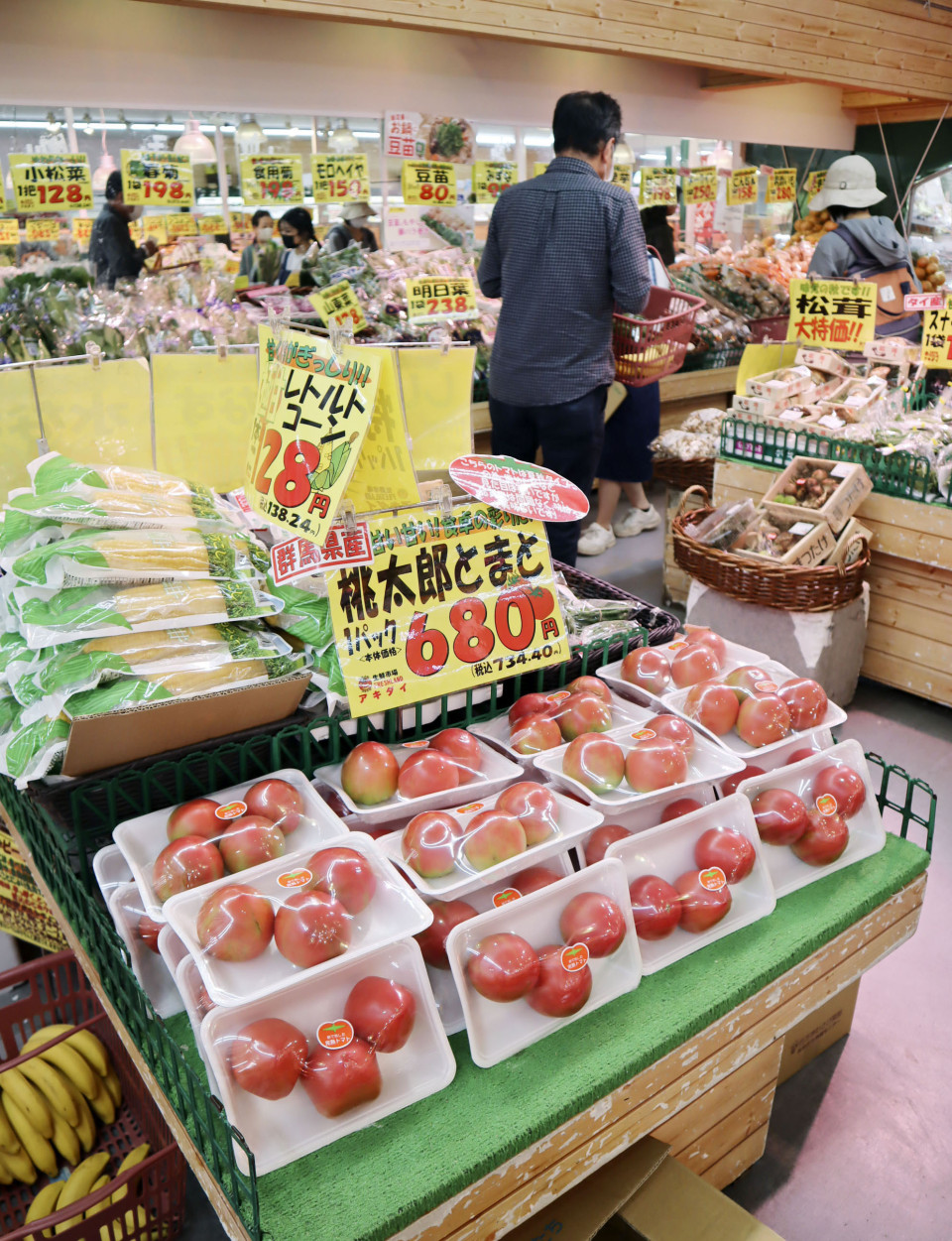Japan's household spending in January fell 6.3 percent from a year earlier, the biggest margin of decline in nearly three years, after shipment halts at Toyota Motor Corp.'s small-car unit led to a shortage of stock, government data showed Friday.
Households of two or more people spent an average of 289,467 yen ($1,960), logging a decline for the 11th consecutive month, as price hikes continued to dampen spending on food, while outlays on utilities plunged due to unseasonably warm weather.

The fall in the reported month was the biggest since a 6.5 percent decline registered in February 2021. It was also larger than the 2.5 percent drop in December, the Ministry of Internal Affairs and Communications said.
A ministry official said the scale of decline "could be trimmed in the coming months," attributing the sharp fall in January to "one-off factors" such as the vehicle shipment halts following safety test rigging at Daihatsu Motor Co.
Expenditures on transportation and communication decreased 13.1 percent overall and 30.4 percent on autos, while spending on electricity and other utilities was down 9.4 percent.
Spending on food, which accounts for about 30 percent of household expenditures, fell 2.7 percent, declining for the 16th straight month, as people spent less on vegetables, seaweed and cooked food amid rising prices, the data showed.
Culture and recreation expenditures fell 9.0 percent, led by lower spending on domestic and overseas tour packages, after travel demand in January last year was boosted by government subsidies promoting domestic tourism after the novel coronavirus pandemic.
Bucking the trend, expenditures on education jumped 29.6 percent, due to increased fees for admission examinations for private junior high schools and high schools, the official said.
The spending data is a key indicator of private consumption, which accounts for more than half of the country's gross domestic product.
Related coverage:
Japan real wages fall for 2nd straight year amid rising inflation
Japan core CPI logs fastest rise in 41 yrs in 2023, points to easing
Inflation, weak yen hit appetite for holiday spending in Japan










